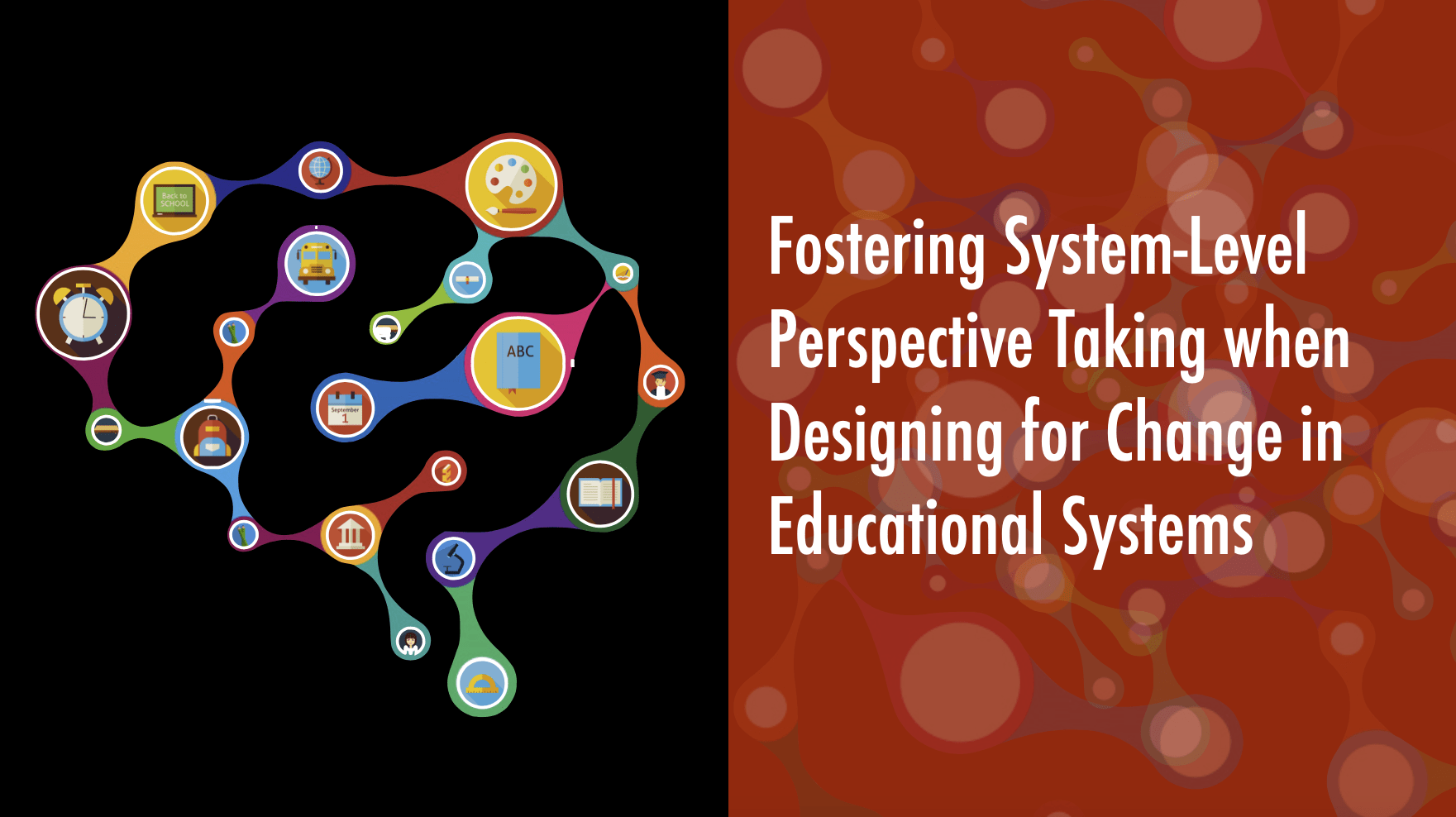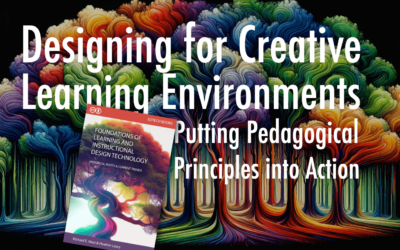I had written previously (here and here) about the American Psychological Association’s long connection with torture and other coercive information gathering techniques. I am still bothered by it.
Today’s NYTimes has a op-ed by Stanley Fish (titled Psychology and Torture) about this very issue.
He makes some good points tracing the APA’s sad history with this to the fact that Psychology is not, what he calls, a “healing profession.” Go goes on:
To be sure, there are psychologists who provide counseling, therapy and other services to patients; but there are many psychologists who think of themselves as behavioral scientists. It is their task to figure out how the mind processes and responds to stimuli, or how the emotions color and even create reality, or how reasoning and other cognitive activities are affected by changes in the environment. Their product is not mental health, but knowledge; their skills are not diagnostic, but analytic -– what makes someone do something -– and it is an open question as to whether there are limits, aside from the limits of legality, to the uses to which these skills might be put.
He ends with making a connection between the science of the mind and rhetoric, arguing that both these fields are connected by their important role in persuasion and how our knowledge of both these fields is open to misuse. “Applied psychology,” Fish argues, “can never be clean.”
I think that there is much to be said for Fish’s argument. What this means, of course, is that ethical guidelines can never emerge from the strictures of a discipline (be it the discipline of rhetoric or psychology, or in my personal case, educational psychology) but has to be imposed from without. How guilty am I as a teacher of utilizing the rhetorical playbook to teach my students, how often do I use psychological techniques gleaned from cognitive and social psychology, to get my students to learn to think in certain ways? These are not questions with easy answers, and Fish is right to point them out for us to think about.



0 Comments